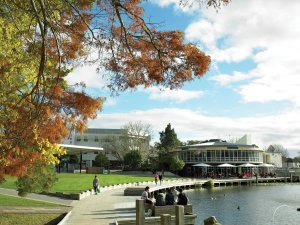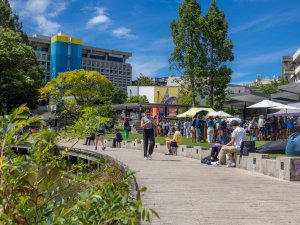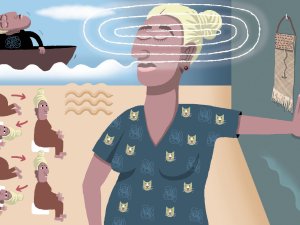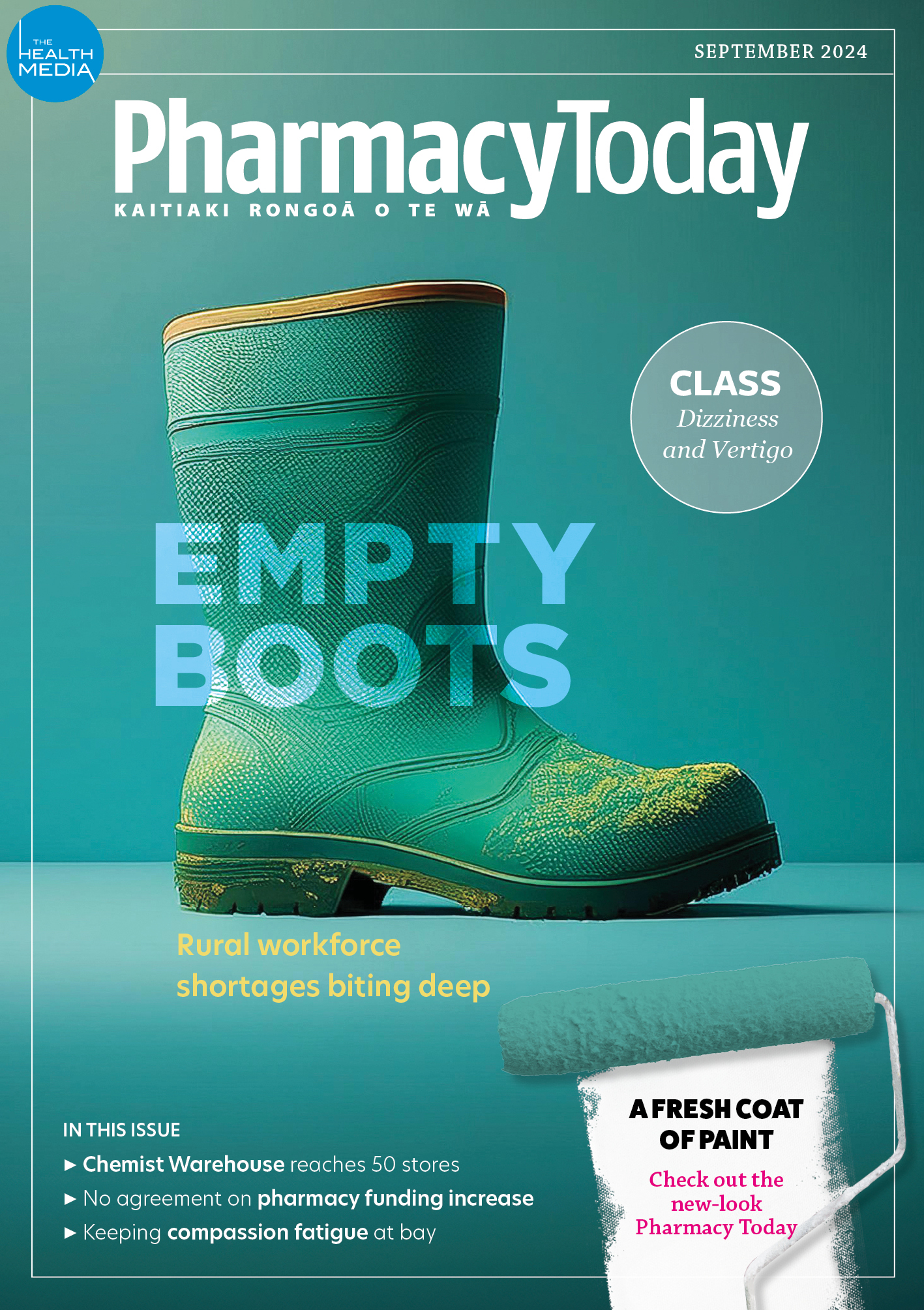Nataly Martini provides a brief overview of selected causes of dizziness and vertigo, such as benign paroxysmal positional vertigo and vestibular migraine. Through case studies, she explains how these conditions may differ from serious clinical syndromes such as cervicogenic dizziness, highlighting the complexities, risk factors and management of these conditions
Waikato’s embryonic pharmacy school progressing well
Waikato’s embryonic pharmacy school progressing well
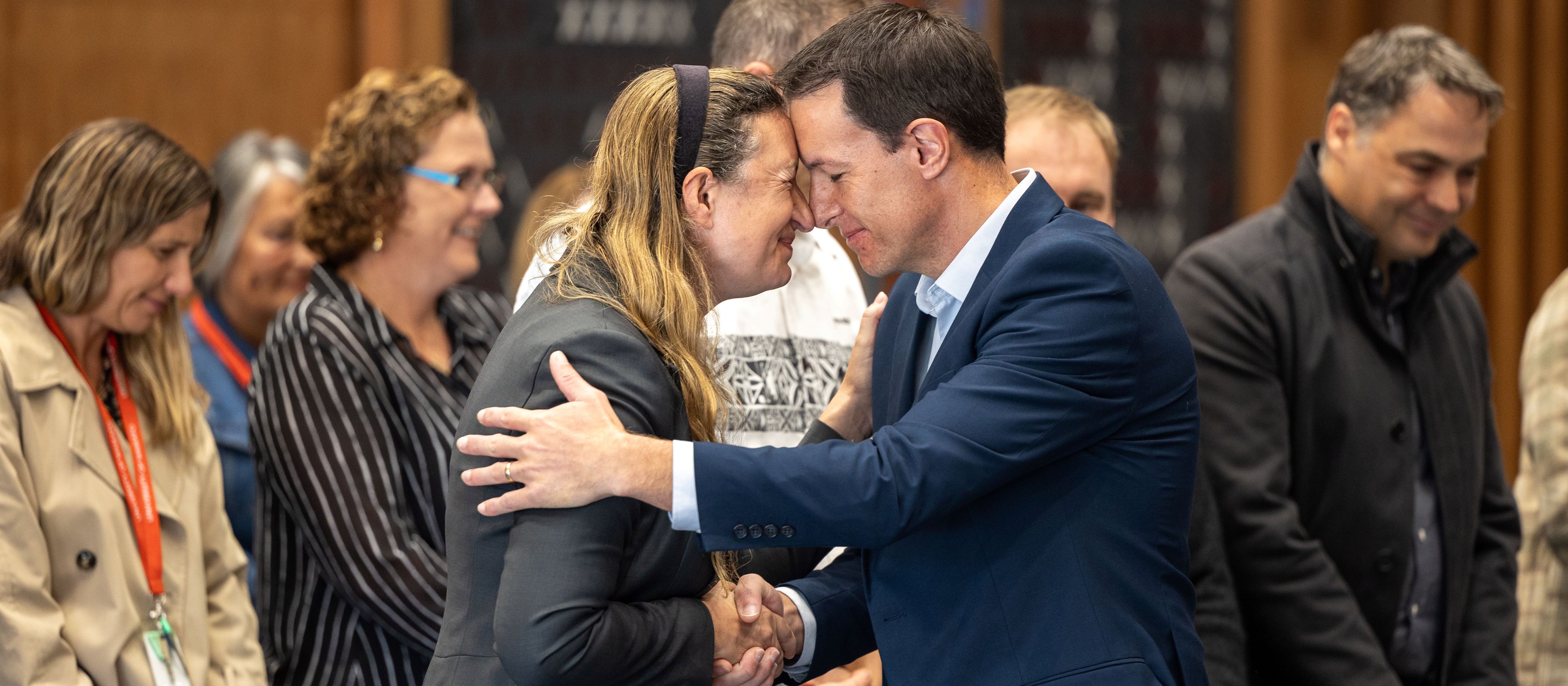
Jonathan Chilton-Towle speaks to Rhiannon Braund, the head of New Zealand’s third pharmacy school, about the preparations under way
I’ve been at the University of Otago for 20 years, but being at Waikato and being welcomed into this new environment – it felt like coming home
The head of the University of Waikato’s new pharmacy school says the school is “embryonic but energetic”.
Former PSNZ president Rhiannon Braund started her new position on 1 May and was welcomed with a pōwhiri on 3 May, held at Ko Te Tangata: The University Wharenui at The Pā on the university’s campus.
She is excited about joining the Waikato University team and helping the vision for the new pharmacy school, which will open in 2025, to come to fruition.
Professor Braund will initially work remotely from Dunedin with regular visits to Waikato, but she plans to move to Hamilton permanently next year.
The new school will offer a two-year postgraduate qualification that will allow students with an undergraduate degree to become qualified pharmacists, ready to complete an internship.
Entry criteria for the course are not finalised but prospective students will likely need a bachelor’s degree with a major in one of the molecular sciences, including chemistry, biochemistry, molecular biology, pharmacology or biomedical science. It is likely overseas-trained pharmacists will be eligible also.
“We’ll take the knowledge that these students already bring and then add-on clinical decision-making, clinical practice and patient-centred care,” Professor Braund says.
It is designed to prepare students to work in any area of the pharmacy sector and Professor Braund says it will have a strong equity and Treaty of Waitangi focus.
“We are very clear in our minds that we are meeting where the workforce shortages are, which is rural but also a lot of different areas. We are also very keen on increasing the number of Māori and Pacific students.”
Professor Braund says the university has existing scholarships for Māori and Pacific students and these will likely be available to pharmacy school students. She also hopes the school’s location in the Waikato, which has one of the highest Māori populations in Aotearoa, will make it an attractive option for students wanting to study while staying close to their whānau.
The curriculum is currently going through the approval process and Professor Braund says there is a lot of logistics and paperwork to be done before the new school can open its doors.
This involves getting accreditation from the Pharmacy Council and going through the Committee on University Academic Programmes process. CUAP is made up of members of New Zealand tertiary institutions who meet to consider proposals by universities for new qualifications or major changes to existing ones.
Professor Braund says the course is “quite far down the path with CUAP” and hopes the process will be finished within approximately six weeks. The Pharmacy Council accreditation is being worked through at the same time.
“The Pharmacy Council is very much focused on competencies and the universities are focused on academic content.”
Professor Braund says the new school’s curriculum is well advanced, with Te Huataki Waiora School of Health dean Jo Lane and other staff doing a lot of work on it before she came on board. A steering group which includes Ngā Kaitiaki o te Puna Rongoā o Aotearoa – The Māori Pharmacists’ Association, the Pharmaceutical Society, the Pharmacy Guild, Green Cross Health and other pharmacy sector stakeholders have also had a lot of input.
Professor Braund says she is now working on securing funding and structuring the course.
“But a lot of mahi was done before I came to the party.”
Professor Braund says the new school will begin employing lecturers and other staff once the course accreditation is complete. The school will also use existing resources from Waikato University.
The school will be physically located within the school of health and will utilise the school’s clinical teaching suite. A model pharmacy and compounding areas will be added to the suite for the pharmacy course, Professor Braund says.
Sharing with other health school students, including nurse prescriber and midwife trainees, will have the added advantage of getting pharmacy students used to working in multidisciplinary teams, Professor Braund says.
The first intake will have places for 30 students, increasing to 50 places by 2026.
All going well, Professor Braund hopes enrolments will be open by September. She has already had enquiries from interested students.



